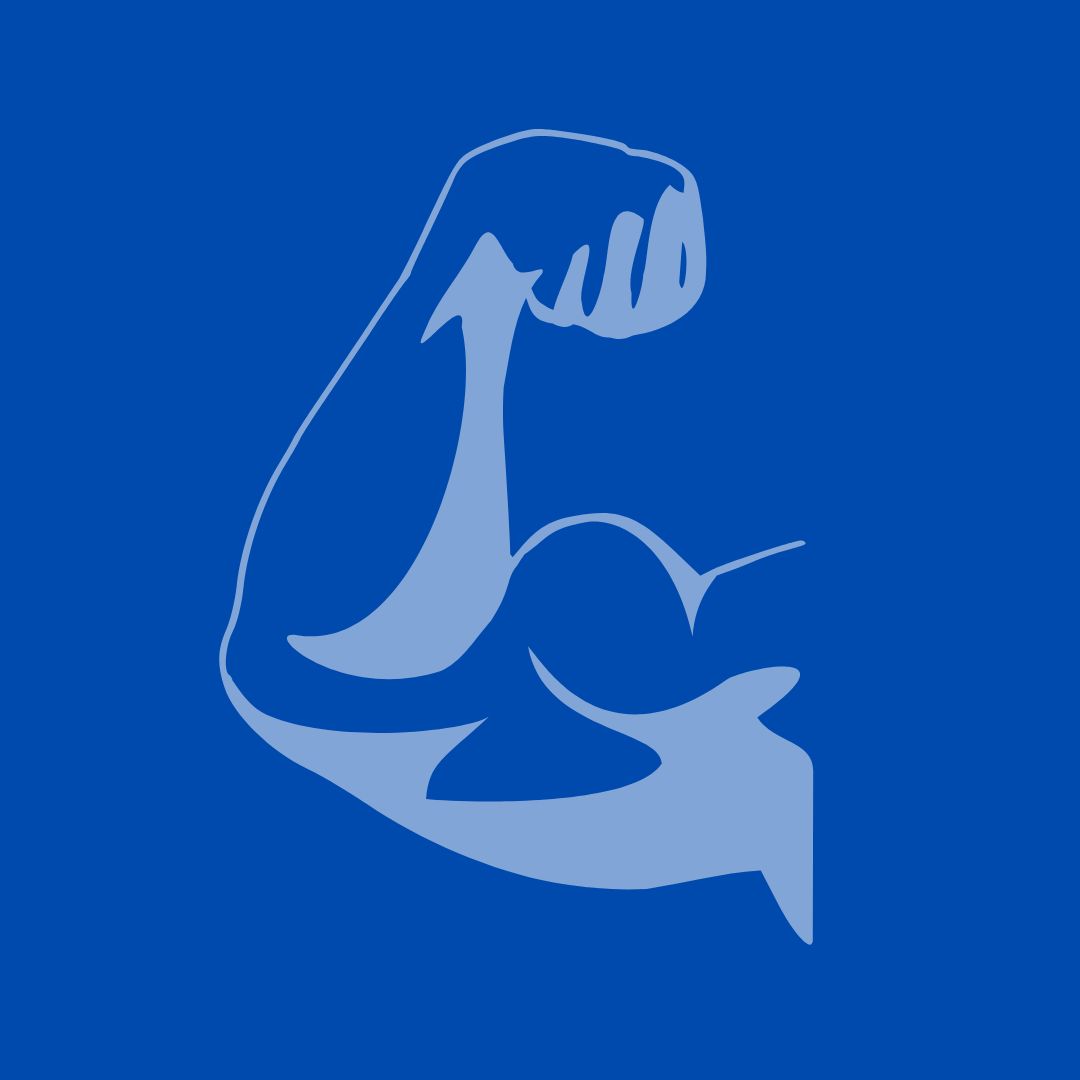Heart disease and cancer are two of the most serious health conditions that a person can develop. Heart disease is the leading cause of death in the United States according to the U.S. Centers for Disease Control and Prevention (CDC). In 2022 alone, 702,880 people died from heart disease in the U.S. (1 in every 5 deaths).
Additionally, the CDC has found that “in the United States in 2021, 1,777,566 new cancer cases were reported” and “in 2022, 608,366 people died of cancer.”
In 2018, researchers affiliated with Harvard’s T.H. Chan School of Public Health took a deep dive into data from the CDC and data from two “long-term population studies.” The 2018 study found that people who incorporated five specific healthy habits “dramatically reduced their risks of heart disease and cancer” compared to people who refrained from doing the five things.
“The 5 pillars of effective self-care” was the subject line of a recent email that I received from Harvard Medical School, which detailed the results of the 2018 study. Below are the things that Harvard listed in the email:
- They ate a diet high in fruits, vegetables, whole grains, and unsaturated fatty acids, and low in red/processed meats, sugary drinks, trans fats, and sodium
- They did not smoke
- They performed at least 3.5 hours of moderate-to-vigorous physical activity every week
- They drank “only moderate amounts of alcohol” (no more than 1-2 drinks per day)
- They maintained a healthy body mass index (18.5 to 24.9)
“The researchers found that practicing all five habits from age 50 onward extended life by more than a decade compared with practicing none of them. Women who didn’t adopt any of the habits lived on average to age 79, while those who did all five lived to 93. Similarly, men who did not practice these five habits lived to 75 on average, while those who did lived to nearly 88.” Harvard stated in their recent email.
I encourage people to follow our nutrition category, which is populated with new content on a rolling basis. The same goes for our cardio and weightlifting categories. I also encourage people to read our recent article about body mass index (BMI), and its limitations as an overall health measuring tool.
Take your health seriously. Your future self will thank you for it!
***
Disclaimer: The contents of this article and this website are not meant to substitute for the professional advice of a doctor, nutritionist, and/or certified personal trainer. This content is provided as an educational tool to help people on their fitness journeys. While we strive to research topics as much as possible and provide useful and accurate information to the best of our abilities, we also strongly recommend talking to your doctor, nutritionist, and/or certified personal trainer before starting any workout, therapeutic, or nutritional regimen, as each individual’s needs and situations vary depending on the person.

